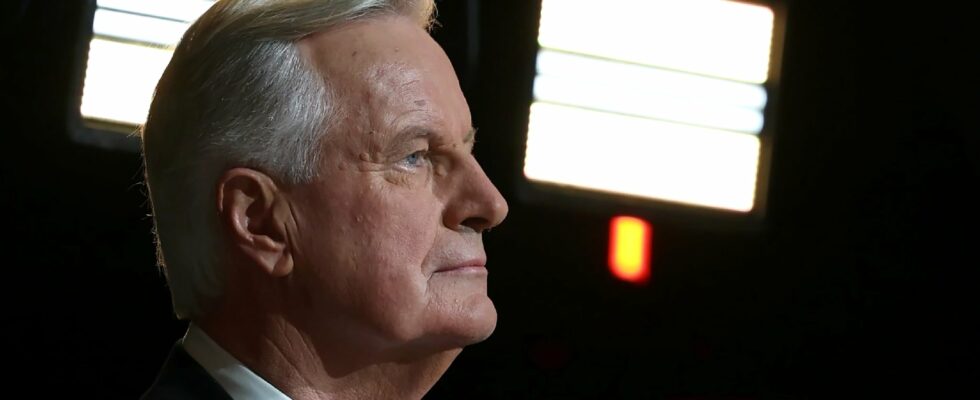“The truth does not become false because we refuse to see it,” recalls the essayist Nicolas Baverez in his essay entitled Startle (Observatory editions). Our leaders, starting with the first among them, have nevertheless strived to conceal this truth for as long as possible. Until being caught up by the wall of debt and the budgetary impasse, into which the country has found itself.
It will be up to the National Assembly’s commission of inquiry to say how we got there. An essential democratic exercise, but which should not make us forget the essential: it is time to put an end to this evil which is gnawing away at our country, which can be summed up in three figures. One: our public spending, which has become uncontrollable (57.3% of GDP in 2023), exceeds the average of other euro zone countries by 9.2%. That is a gap of 260 billion euros with our neighbors. Two: the debt burden, which will increase from 55 to 80 billion euros between 2025 and 2027. Three: our international credibility, already largely damaged, as evidenced by the difference in interest rates between Paris and Berlin . This is the state of France that Michel Barnier inherited when he arrived in Matignon.
An emergency budget
Logically, the Prime Minister tinkered with an emergency budget in the space of a few days. A project criticized from all sides, demolished in the Finance Committee, but not without its qualities, and not the least: it is courageous, and it does (in part) the job, by demanding a budgetary effort estimated at around sixty billion dinars. ‘euros. The deputies scream, the ministers swoon, the opposition leaders wave the motion of censure. Lots of posturing, unnecessary agitation and collective irresponsibility.
Because in the end, can we talk about austerity when the budget proposed in 2025 sees public spending increase in volume by 0.5% (excluding inflation) after an increase of 2.1% this year? France, bottle-fed with public money, must learn to wean itself if it wants to regain a minimum of credibility. Time is running out: before the end of the month, Paris must present its roadmap to Brussels to bring its deficit back below the fateful threshold of 3% of GDP in 2029. The measures proposed by the Barnier government indicate the right direction – except decline in development aid- but remain far from the mark: after the first emergency actions, Brussels is now waiting for structural reforms. These are known: put an end to the costly and Kafkaesque territorial mille-feuille, put the central State on a dry diet, and modernize social protection that is too greedy and not effective enough.
Indispensable reforms which require a start from our leaders. Be careful, not a communication caper nor an imperceptible flinch. A real burst of confidence, responsibility and European commitment. Which allows us to say, once the effort has been undertaken: “We are not the strongest but we count and we are respected. We are not the richest but we are among the happiest” (President Georges Pompidou, during his vows of December 31, 1970).
